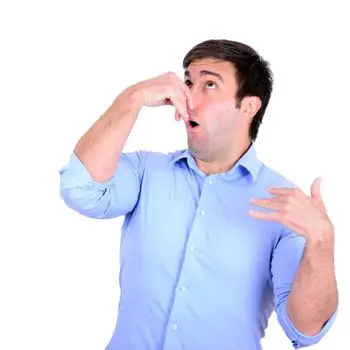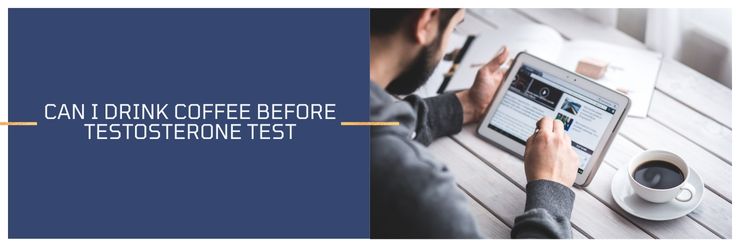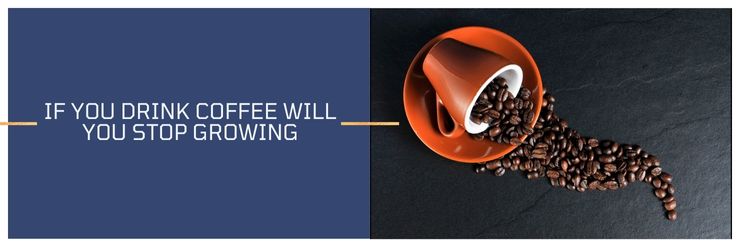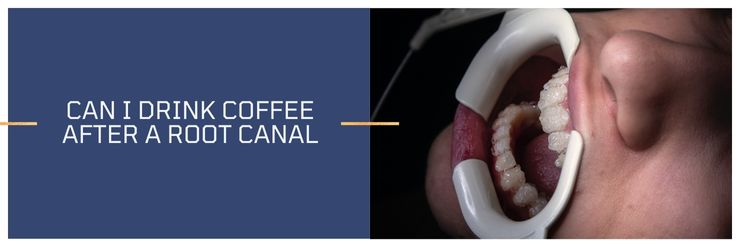There’s no need to worry if you find yourself passing a little extra gas after enjoying a cup of coffee. It’s actually quite common. Many people are wondering if coffee really does give you gas and bloating. In fact, many people believe that coffee is one of the main causes of their digestive issues.
The truth is, coffee doesn’t actually give you gas. However, the caffeine in coffee can stimulate your digestive system and cause you to produce more gas. Coffee also contains some acids that can irritate your stomach. This can lead to indigestion, which can cause gas and bloating.
If you’re someone who is prone to gas and bloating, there are a few things you can do to help minimize the symptoms. We’ll take a closer look at why coffee makes some people gassy and how to reduce the risk of experiencing these symptoms.
So, if you’re curious about why coffee gives some people gas, keep reading!
Does coffee give you gas and bloating
Bloating and gas are often the results of trapped air in the stomach. When coffee beans are roasted, they release carbon dioxide. This gas can get trapped in your stomach and cause bloating.
Coffee also contains compounds known as volatile organic compounds (VOCs). These VOCs can escape from the coffee bean during brewing and become trapped in your stomach. This can also cause bloating and gas.
Caffeine is a natural diuretic. This means that it causes your body to lose water and can lead to dehydration. Dehydration can cause bloating because it can cause your body to retain water.

In addition, coffee is acidic. It has a pH of around 5. This acidity can irritate the stomach, leading to indigestion. Indigestion can cause gas, bloating, and other uncomfortable symptoms.
All of these factors can contribute to coffee giving you gas and bloating. However, it’s not everyone who drinks coffee will experience these symptoms. Some people are more sensitive to the effects of coffee than others.
Does decaf coffee cause gas
Decaffeinated coffee has less caffeine than regular coffee. However, it still contains some of the other compounds that can cause gas and bloating. This means that you may still experience these symptoms if you drink decaf coffee.
Decaf coffee is actually less likely to cause gas than regular coffee. This is because the decaffeination process removes some of the compounds that can contribute to gas. The great news is that decaf tastes the same as regular coffee, so you won’t be losing on taste, just in smell.

Coffee beans are one of the most complex foods in the world. They contain over 1,000 different chemical compounds, including caffeine, chlorogenic acid, and other volatile compounds. All of these substances can affect your digestive system and lead to gas.
Caffeine in decaf coffee is usually around 2 mg. Caffeine is a well-known digestive irritant, so it’s possible that even a small amount could trigger discomfort in some people.
Why does coffee make you gassy
If you’re prone to gastrointestinal distress, drinking coffee can make you susceptible to gas and bloating. Coffee stimulates the release of gastrin, a hormone that increases stomach acid production. This can lead to bloating, indigestion, and diarrhea.
There are a few other factors that can affect how much gas coffee causes. These include:
- Acidity: Coffee is a highly acidic beverage. This acidity can irritate the stomach and lead to indigestion.
- Caffeine: Caffeine is a known diuretic, which means that it helps to promote urination. When urine is produced, the body also expels small amounts of gas.
- Dehydration: Coffe can cause dehydration and electrolyte imbalance, both of which can contribute to gastrointestinal problems. This is done in part because coffee and decaf coffee is a diuretic
- Sugar: When sugar is metabolized, it produces a number of byproducts that can escape through the gut and cause gas. Additionally, coffee beans contain a type of sugar called lactose. Lactose is difficult for the body to break down, and as a result, it can also lead to gas formation.
How to reduce the risk of gas and bloating from coffee
Many people love coffee for its rich flavor and energizing effect. However, some people experience uncomfortable side effects like gas and bloating after drinking coffee. If you’re one of these people, there are a few things you can do to reduce your risk:
The type of coffee beans
Robusta coffee beans contain more caffeine than Arabica beans. They also have higher amounts of a compound called chlorogenic acid. This can increase stomach acidity, which may lead to more gas and bloating.
Try a different brewing method
Brewing methods that use hot water, like espresso or French press, tend to release more volatile compounds from the coffee beans. This can make coffee richer in taste but also more likely to cause gas.
Brewing time
The longer coffee is brewed, the more time there is for gas-producing compounds to be extracted from the beans.
Drink plenty of water with your coffee
Water will help to flush out the caffeine and other toxins from your system and keep you hydrated.
Avoid drinking coffee on an empty stomach
Have something light like a piece of fruit or some toast first. This will help to reduce the chances of coffee irritating your stomach.
Limit your intake of coffee
If you’re prone to coffee-related gas and bloating, try to limit your intake to one or two cups per day. You may also want to consider switching to decaf coffee.
Conclusion
Does coffee give you gas? While coffee itself doesn’t cause gas, the way your body metabolizes coffee can lead to gas and bloating. This is because coffee contains caffeine, a stimulant that speeds up your metabolism.
When your metabolism is increased, so is the production of stomach acids. These acids can lead to indigestion, which can cause gas and bloating.
In addition, coffee can also act as a diuretic, causing you to expel more gas than usual.
So if you’re someone who’s prone to gas and bloating, you might want to cut back on your coffee intake. Or, try switching to decaf coffee, which has lower levels of caffeine and is less likely to cause gas and bloating.






